ISKCON vs Advaita Vedanta: A Comprehensive Comparison
Vedanta, one of the six orthodox schools of Hindu philosophy, has given rise to various influential sub-schools, each offering unique perspectives on the nature of reality, the self, and…
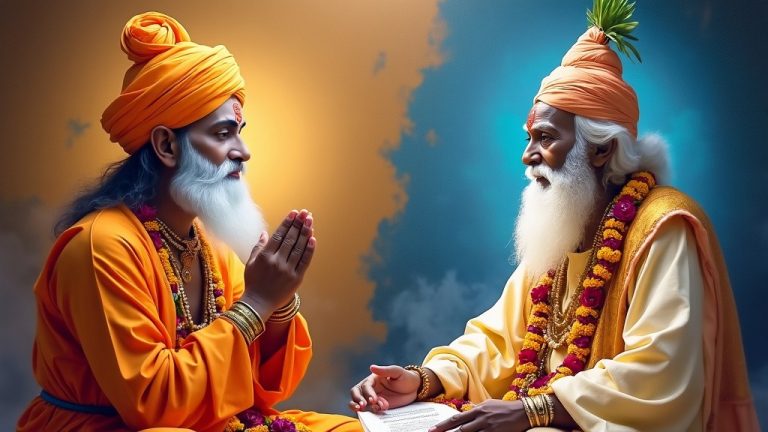
Vedanta, one of the six orthodox schools of Hindu philosophy, has given rise to various influential sub-schools, each offering unique perspectives on the nature of reality, the self, and…

INQUIRER: QUESTION 1: Vijnana Vedanta, as propounded by Sri Aurobindo and Ramakrishna, offers a different perspective on the nature of reality compared to traditional Advaita Vedanta. Swami Medhananda argues…

INQUIRER: What is the purpose of studying scriptures? Ultimately, what changes or benefits should I expect in my life from this study? I am unsure and would like to…

QUESTION: If Consciousness is independent of body, mind or 3 gunas, then why work on purification? ANSWER 1: The Upanishads declare that Brahman or consciousness is the ultimate reality….

Some books say nirvikalpa-samadhi is the best fame of mind to assimilate Self-Knowledge. Others argue it’s savikalpa-samadhi. While Ramana Maharshi says it’s sahaja-samadhi. Clarify please. Nirvikalpa-Samadhi Firstly, nirvikalpa-samadhi has…
Nearly all objections challenging non-duality and confusions by Advaita aspirants can be surmised from lack of discernment of 3 realities operating any moment… PRATIBHASIKA: Your own notions. Personal, subjective…
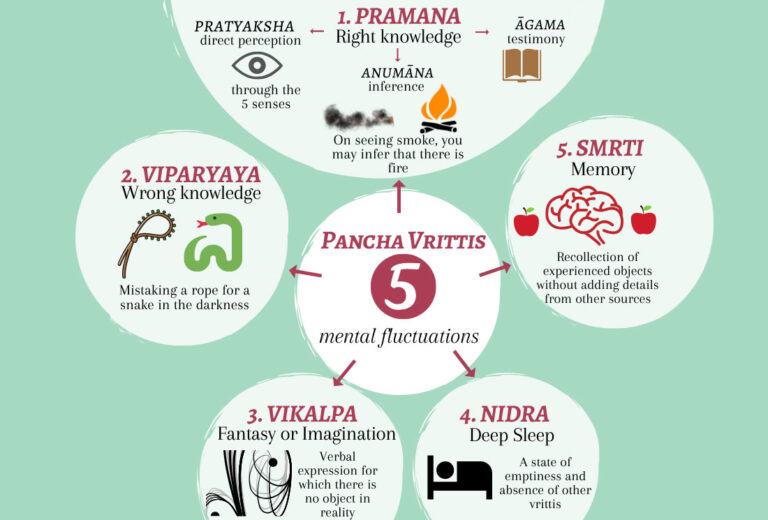
Vritti or thought is the nature of the mind (antahkarana). Thoughts arise just as a bubble (which is always an effect of something deeper in the ocean) arises on…
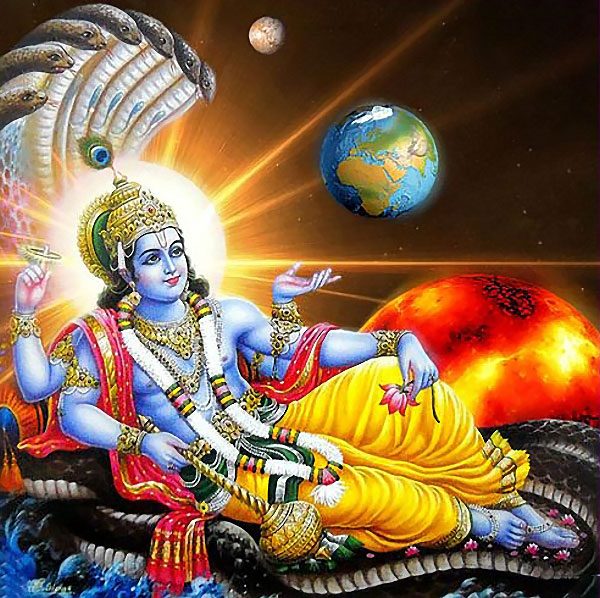
Is Ishvara aware that it is Brahman (Consciousness)? I know Ishvara is: The dharma field (manifest universe) and came into being by the power of Maya within Brahman. Not…
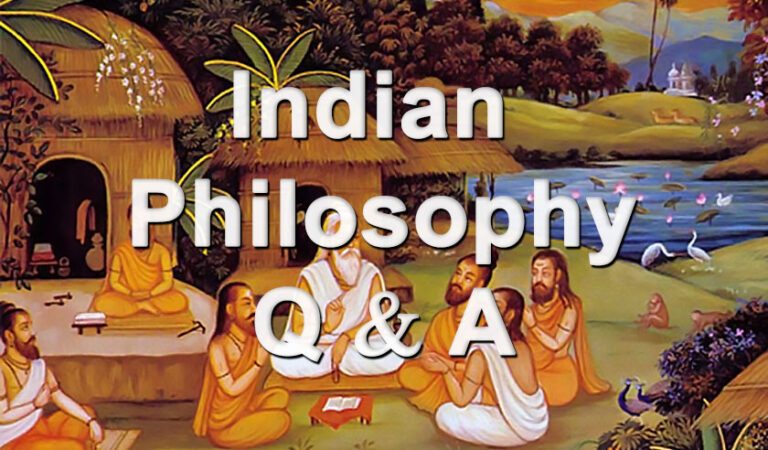
Vedanta, one of the six orthodox schools of Hindu philosophy, has given rise to several influential sub-schools, each offering unique perspectives on the nature of reality, the self, and…
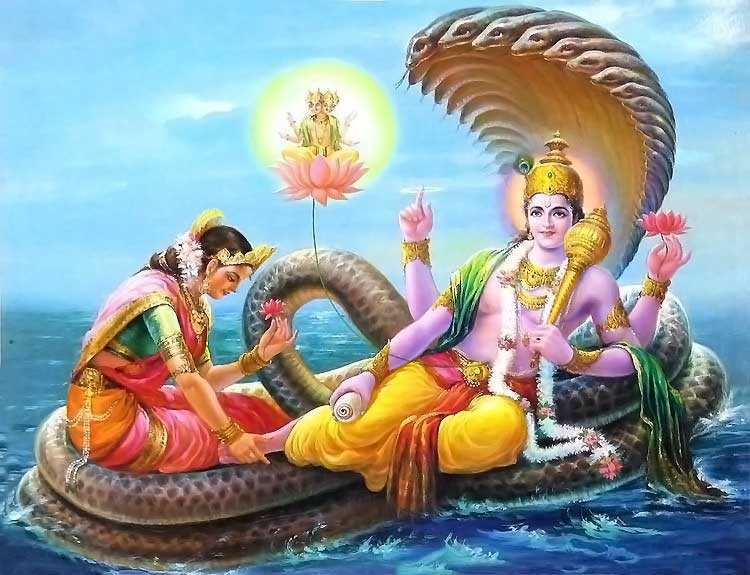
A short article in response to a common question: What is the connection with Brahman and Brahmā (also called Brahmaji)? Brahmā (ब्रह्मा) is not to be confused with Brahman…
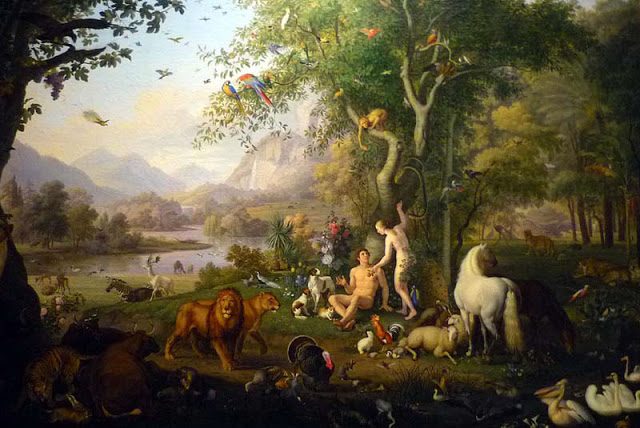
Nothing can ever be created. Matter cannot be created. To say “something is created” is to imply it’s not already within Creation. Which sets up an unsolvable equation; duality…
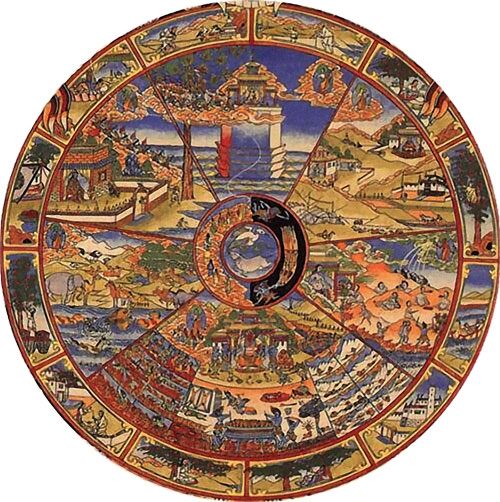
Samsara is limitation one experiences and caused by not knowing difference between REAL (Self; atman) and UNREAL (Not-Self; anatman). A samsari seeks freedom in the world through acquisition (beauty,…
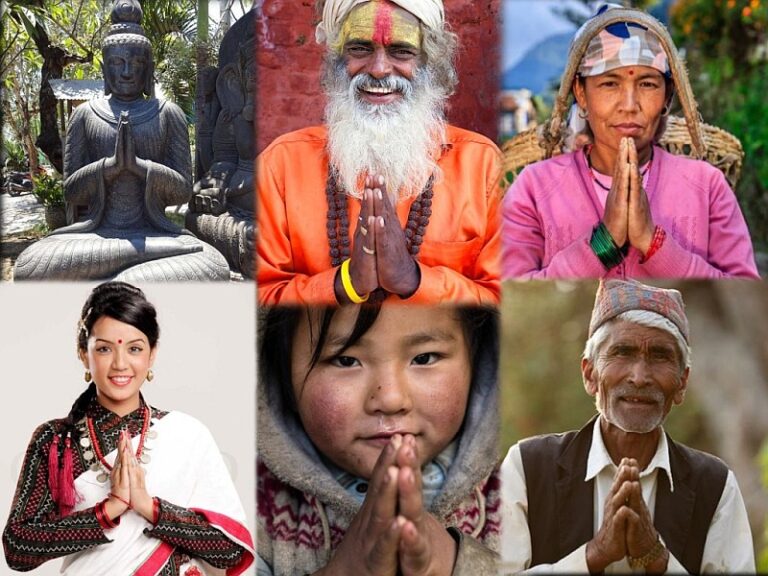
In India, many greet each other with the word “Namaste” – this is joined usually by a slight bow and palms touching in front, sort of like a prayer…
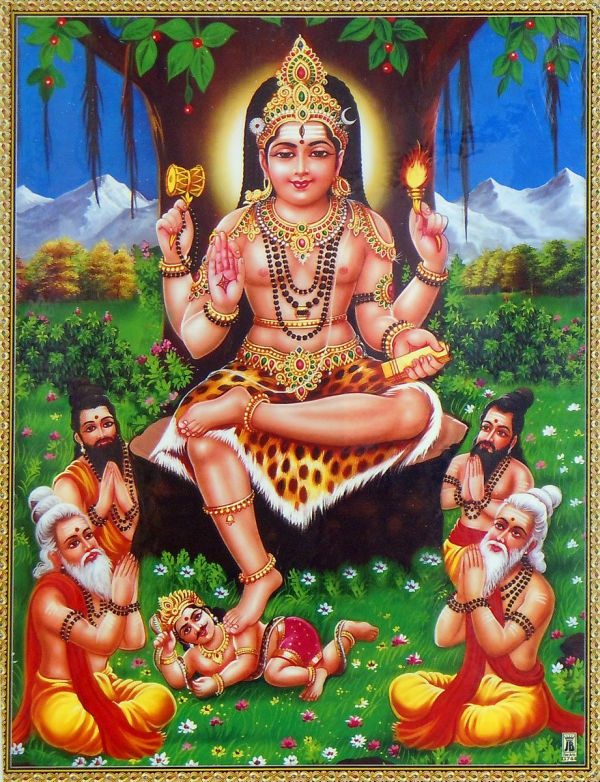
“The fire of certainty which is the result of knowing Onself as immaculate Awareness, burns down the entire forest of ignorance. The eradication of ignorance and the dawning of happiness are…
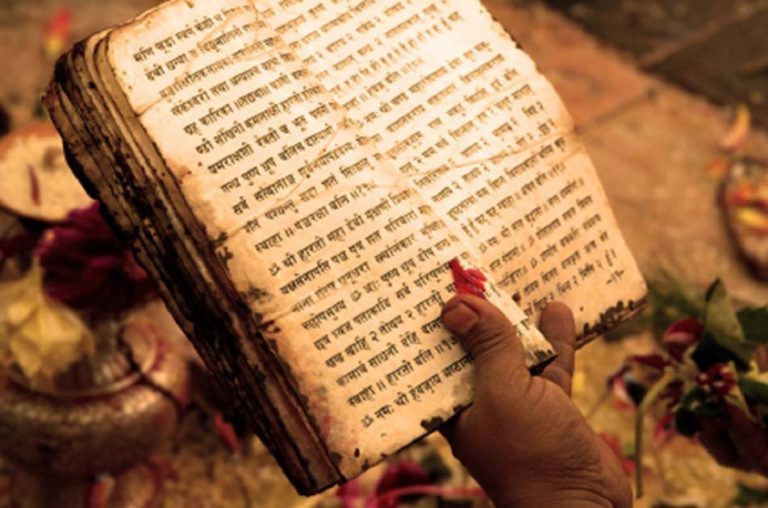
Vedas are divided into 4 sections: (1) Rig Veda, (2) Yajur Veda, (3) Sāma Veda, (4) Atharva Veda. Each each section is further divided into 2 parts. Part 1 called…
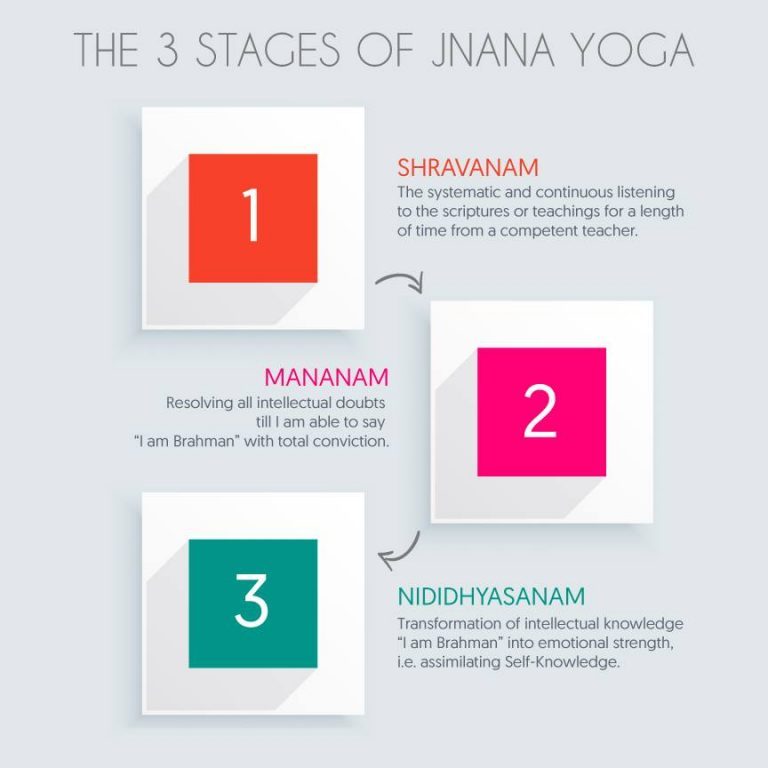
A common question by a person with Self-Knowledge: “Having done shravanam and manana, it’s clear I am Brahman. But in my behavior I do not find myself, ‘I am…
Firstly, what we mean by “system” is what’s called Pramāṇa – or “means of Knowledge”. In Advaita Vedanta case, it’s a means of Self-Knowledge. Means of knowledge means an instrument,…
Object-happiness (viṣaya-ānanda) is a name given to a phenomenon that naturally occurs in the subtle body. Brahman is of the nature of sat-cid-ānanda (Existence-Awareness-Bliss). Although Brahman pervades the entire…

First of all “Self-Knowledge” is NOT mokṣa (Freedom, Enlightenment, Liberation). It is the means to mokṣa. It is a “knowledge-thought” that is created/assimilated in the Subtle Body… by the…

QUESTION: How should nididhyasanam (contemplation) be practiced? ANSWER: The biggest obstacle to ‘aham Brahmāsmi’ (I am Brahman) knowledge is the basic ignorance of the jiva (individual soul) identifying himself…